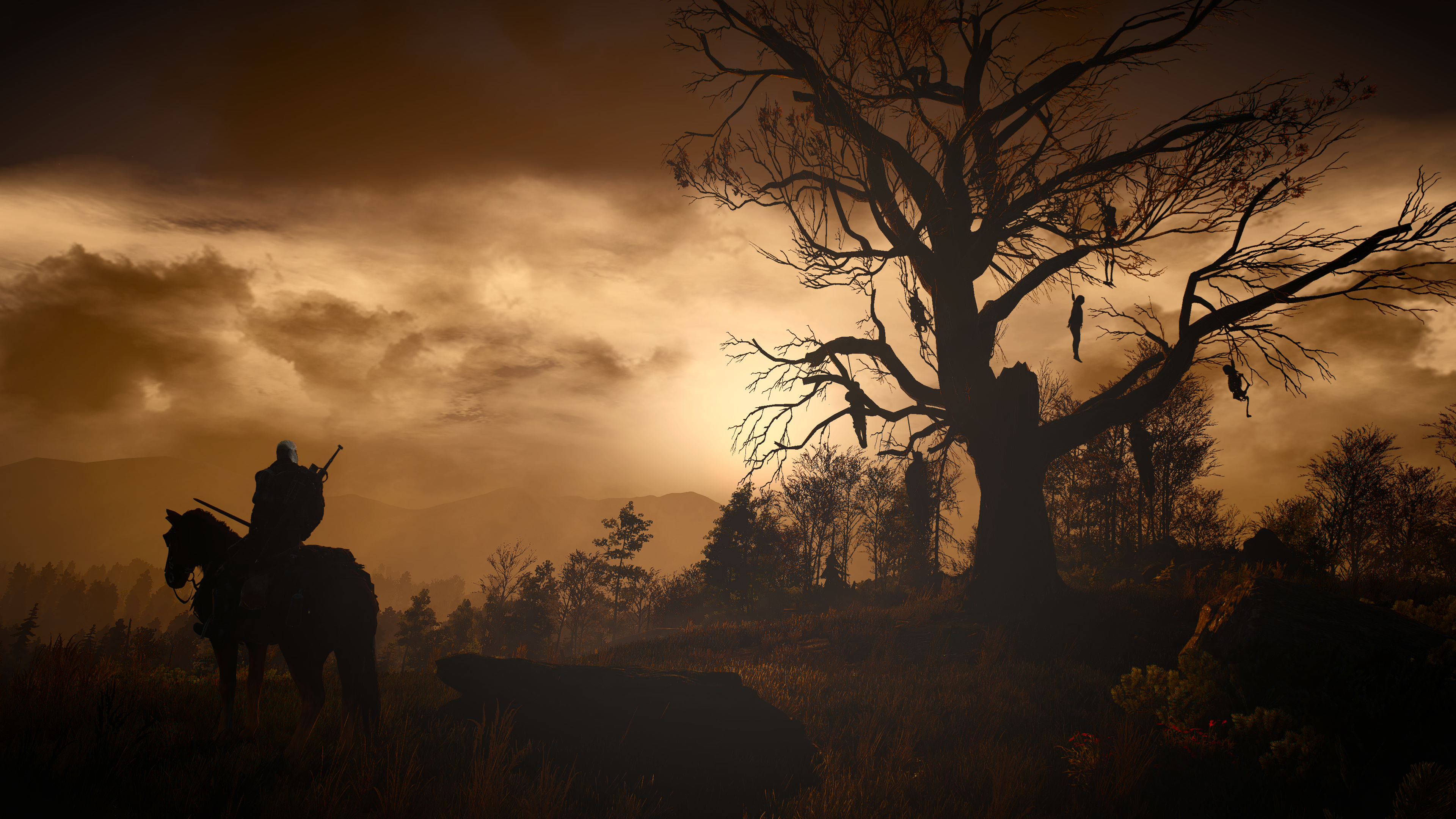My mother received a poem, written out on a typewriter, from an anonymous sender. She held onto it until her death. It must have been quite special to her. Having read it, I can understand why.
Aan een klein meisje
Dit is het land, waar grote mensen wonen.
Je hoeft er nog niet in: het is er boos.
Er zijn geen feeën meer, er zijn hormonen,
en altijd is er weer wat anders loos.En in dit land zijn alle avonturen
hetzelfde, van een man en van een vrouw.
En achter elke muur zijn an’dre muren
en nooit een eenhoorn of een bietebauw.En alle dingen hebben hier twee kanten
en alle teddyberen zijn hier dood.
En boze stukken staan in boze kranten
en dat doen boze mannen voor hun brood.Een bos is hier alleen maar een boel bomen
en de soldaten zijn hier niet meer van tin.
Dit is het land waar grote mensen wonen…
Wees maar niet bang. Je hoeft er nog niet in.Annie M.G. Schmidt
